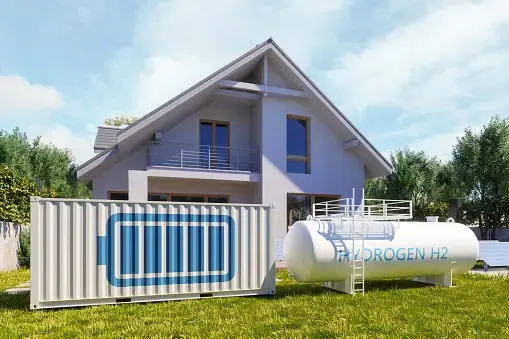
Is it Better to Have More Batteries or Solar Panels?
As homeowners increasingly turn to renewable energy solutions, a common question arises: is it better to have more batteries or solar panels? With the push for greener energy sources and lower electricity bills, understanding the balance between solar panels and batteries is crucial for maximizing efficiency and savings.
Understanding Solar Panels and Batteries
Solar panels convert sunlight into electricity, providing a clean and renewable energy source. However, their efficiency is limited to daylight hours. This is where batteries come in. Batteries store excess energy generated by your solar panels during the day for use at night or during cloudy periods, ensuring a steady power supply.
Benefits of Adding More Solar Panels
Increased Energy Production:
More solar panels mean more electricity generated, reducing reliance on the grid and lowering electricity bills. This is especially beneficial in sunny regions where solar panels can operate at peak efficiency.
Lower Carbon Footprint:
By producing more renewable energy, you reduce your home's carbon emissions, contributing to environmental conservation.
Potential for Energy Independence:
With sufficient solar panels, you might generate enough power to meet all your household needs, leading to true energy independence.
Drawbacks of Adding More Solar Panels
Space Requirements:
More panels require more roof space or ground space, which can be a limiting factor for some homeowners.
Higher Initial Costs:
Installing additional panels increases the upfront investment, which might not be feasible for everyone.
Intermittent Power Supply:
Without batteries, the extra energy generated during the day cannot be stored for later use, leading to wastage.
Benefits of Adding More Batteries
Energy Storage:
Batteries store excess energy generated by your solar panels, ensuring you have power even when the sun isn't shining.
Grid Independence:
With sufficient battery storage, you can reduce or even eliminate your dependence on the grid, providing power during outages and reducing electricity costs.
Maximized Solar Efficiency:
By storing excess energy, you can use your solar power at night or during peak usage times, maximizing the efficiency of your solar panels.
Drawbacks of Adding More Batteries
High Costs:
Batteries are expensive, and adding more can significantly increase your initial investment. However, prices are gradually decreasing as technology improves.
Limited Lifespan:
Batteries degrade over time and will eventually need to be replaced, adding to long-term maintenance costs.
Energy Loss:
Storing energy in batteries can lead to some loss due to inefficiency, meaning not all the energy generated is utilized.
Finding the Right Balance
Deciding whether to invest in more solar panels or batteries depends on several factors, including your energy needs, budget, and available space.
Energy Consumption Patterns: If your energy usage is highest during the day, more solar panels might be the better option. However, if you use more power at night or want to ensure backup during outages, investing in batteries is beneficial.
Budget Considerations: Evaluate your budget and long-term savings. More solar panels reduce your electricity bills but require a significant upfront cost. Batteries also need a substantial investment but provide ongoing savings and security.
Space Availability: Assess the space you have available for installing more solar panels. If space is limited, batteries might be a more practical solution.
Local Climate: In regions with abundant sunlight, more solar panels can be highly effective. In areas with less consistent sun, batteries can ensure you still benefit from solar power during less sunny periods.
Conclusion
Ultimately, the decision between more batteries or solar panels comes down to your specific circumstances and goals. Many homeowners find that a combination of both offers the best results, providing ample energy production during the day and reliable storage for nighttime use. By carefully considering your energy needs, budget, and local conditions, you can create a renewable energy system that maximizes efficiency, reduces costs, and supports a sustainable future.

